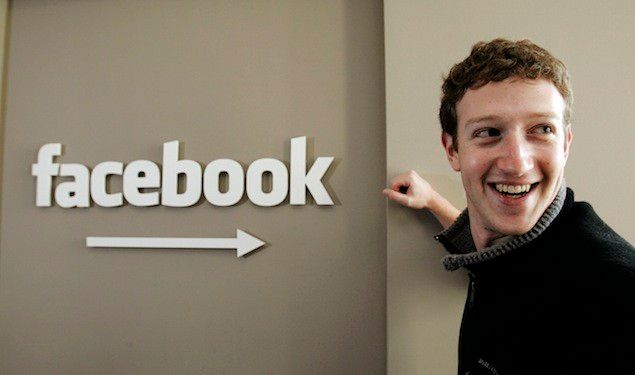Facebook has detailed its plans to bring internet connectivity to the next 5 billion people through the Internet.org initiative, along with Nokia, Qualcomm, and other technology giants.
Based in Menlo Park, CA, Facebook has created a team within its walls called the Connectivity Lab that will be working on developing new platforms for connectivity, through drones and satellites. Facebook says the team is developing new platforms for connectivity on the ground, in the air and in orbit.
- The best drones 2018: Top rated quadcopters to buy, whatever your budget
- Best drone photos ever: Stunning images taken from up high
- Drone flying in the UK and US: All the rules and regulations explained
Facebook will deliver internet to areas without it through several different ways, depending on the type of region, it announced on Thursday. For suburban areas in limited geographical regions, Facebook has been working on solar-powered high altitude, long endurance aircraft that can stay aloft for months, be quickly deployed and deliver reliable internet connections.
For lower density areas, low-Earth orbit and geosynchronous satellites can beam internet access to the ground, Facebook explains. The Connectivity Lab team is experimenting with free-space optical communication, which uses light to transmit data through space using invisible, infrared laser beams.
"Our goal with Internet.org is to make affordable access to basic internet services available to every person in the world," Mark Zuckerberg, founder and CEO of Facebook, said.
Facebook has acquired UK-based Ascenta for its top experts in aerospace technology.
Facebook says the Ascenta team brings a "deep expertise in designing and building high-altitude long-endurance aircraft" to the Connectivity Lab. Members of NASA’s Jet Propulsion Laboratory, NASA’s Ames Research Center, and the National Optical Astronomy Observatory have also joined the project.
The drones and satellites still sound like they're far off from launching, but the Connectivity Lab team and other partners in the Internet.org project say internet connectivity for these remote locations across the world will become a reality. The seven partners a part of the project plan to support the development of new business models and services that make it easier for people to access the internet.
And in the process, this means more customers accessing their products - conceivably a win-win for all involved.
"Universal internet access will be the next great industrial revolution,” Stephen Elop, Nokia's leader transitioning over to Microsoft, said.
Technology publication TechCrunch reported in early-March that Facebook has plans to acquire Titan Aerospace, makers of high-flying drones that could blanket parts of the world without Internet access, beginning with Africa. It fits in nicely with the Facebook's Connectivity Lab announcements on Thursday.
Facebook won't be alone, nor uncontested, in working to connect the rest of the world to the internet. Internet giant Google has previously detailed its Project Loon, a balloon-powered technology that wants to bring reliable internet connection to rural areas.
"It’s very early days, but we’ve built a system that uses balloons, carried by the wind at altitudes twice as high as commercial planes, to beam internet access to the ground at speeds similar to today’s 3G networks or faster," Google explained on its blog in June 2013.
In a video-posted by Facebook and Internet.org on Thursday, Yael Maguire, who works on the Connectivity Lab team at Facebook, explained the drones and satellites created would help skip the process of building out large towers, and obtaining land rights and energy power that would accompany them.
Facebook is promising a "high-quality" connection with these new systems.

